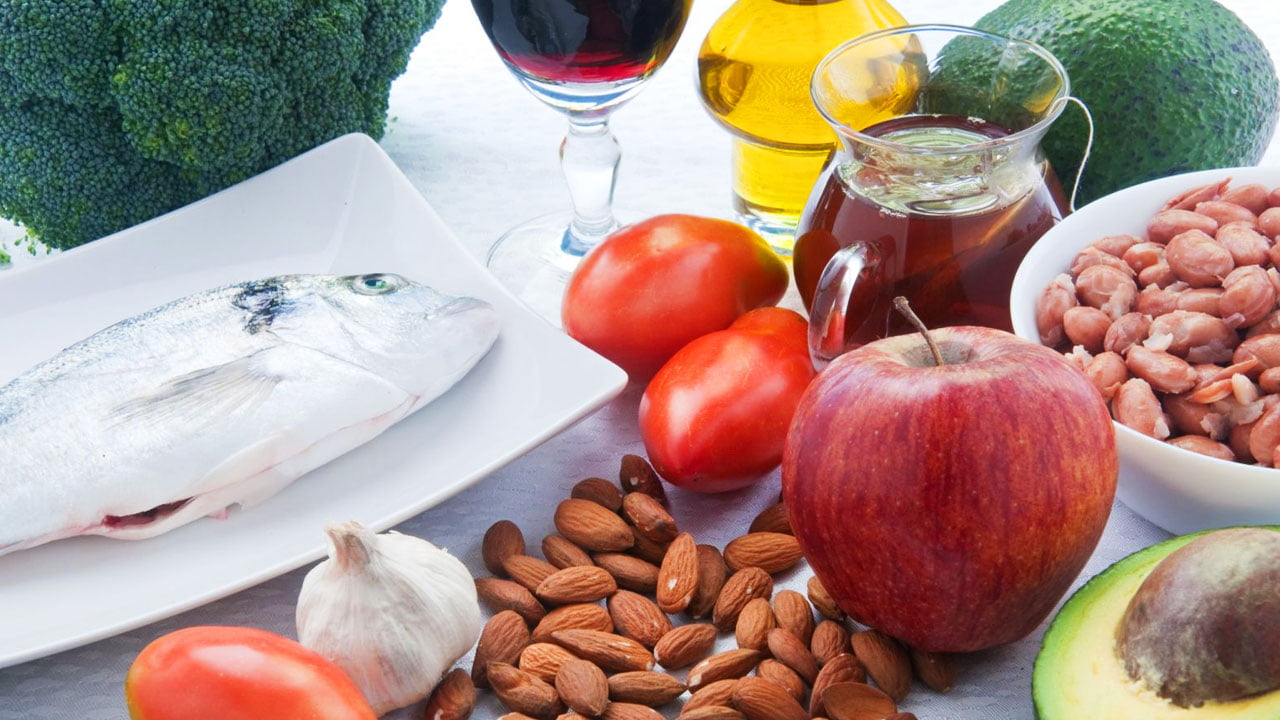Depression is a nasty beast; it’s estimated worldwide that it affects more than 120 million people. With the World Health Organisation (WHO) labelling it the leading cause of global disability. In some Western countries, the number of adults suffering from depression is 6% of the population. The real quicker is that depression isn’t just a mind game; it plays havoc with your entire body. One recent study found that 23% of depression suffers couldn’t sleep properly; 30% felt overwhelmed with everyday life, and 36% had memory loss. Others overate or lost their appetite; feeling short of breath; had severe headaches; felt chronically fatigued; were irritable and restless; lost interest in sex; and had persistent aches, pains, cramps or digestive problems.
Nowadays, there is growing evidence that the mood of people and the quality of food they eat is somehow linked. The conundrum is this: depression increases the risk of obesity, type 2 diabetes and heart disease. Conversely, these conditions also increase the risk of suffering from depression. And so the situation goes back and forth. Of course, what constitutes ‘healthy nutrition’ is up to debate, but generally speaking it has been found that a lower risk of depression is associated with a low-fat, plant-based, high-protein and fish-heavy diet. On the flip side, a higher risk of the disease is aligned with heavily sweetened and highly processed foods and drinks. What’s becoming more and more evident through recent studies is that depression is a complex mental illness and that diet might be one key to treating it.
In 2012 researchers in Australia undertook to launch the first randomised control study on depression treatment through diet in a study called SMILES (Supporting the Modification of Lifestyle In Lowered Emotional States).
The participants were randomly divided into two groups. The first, or ‘control’ group, received social support. This involved individual conversations on topics which interested the participants. However, it was on a voluntary basis, and they could choose to abstain if they wished.
The second group received seven one-on-one counselling sessions with a trained nutrition specialist.
The focus of the advice was to improve the quality of their food choices. They were encouraged to adhere to the following dietary recommendations:
- Vegetables (6 servings per day)
- Fruits (3 servings a day)
- Whole grains (5-8 servings per day)
- Fish (at least 2 times per week)
- Red meat (3-4 servings per week)
- Chicken (2-3 servings per week)
- Legumes (3-4 servings per week)
- Dairy (2-3 servings per day)
- Nuts (1 serving per day)
- Eggs (up to 6 per week)
- Olive oil (3 tablespoons per day)
- Processed and high-sugar foods (3 per week)
After the three month trial, those in the diet group recorded a significantly higher decline in depressive symptoms than those in the social group. The statistical difference between the two groups on the Montgomery Åsberg Depression Scale was 7.1 points. After the 3-month study phases had ended, those in the diet group were able to show a remission rate of 32%, compared to only 8% in the social group.
All in all, it was shown that the stricter the participants followed the diet guidelines, the greater the results. These highly positive findings now bring with them a range of new depression treatments; of immense benefit, as currently only about half of those affected by depression are successfully helped with antidepressants and/or psychotherapy. Furthermore, researchers are now also looking at how physical exercise is also a vital part of the weight-loss and depression equation.
Have you had your own experience battling depression? Did you find any link with your diet? Do you believe what you eat affects your mood in a general sense? We would love for you to share any personal insight or experience with us.



